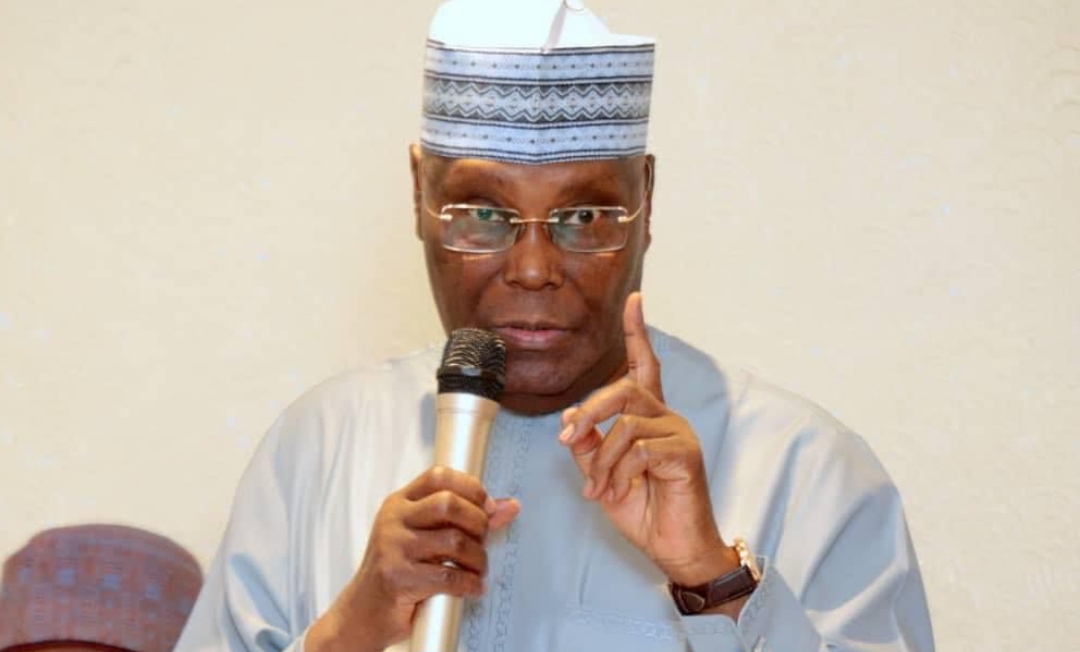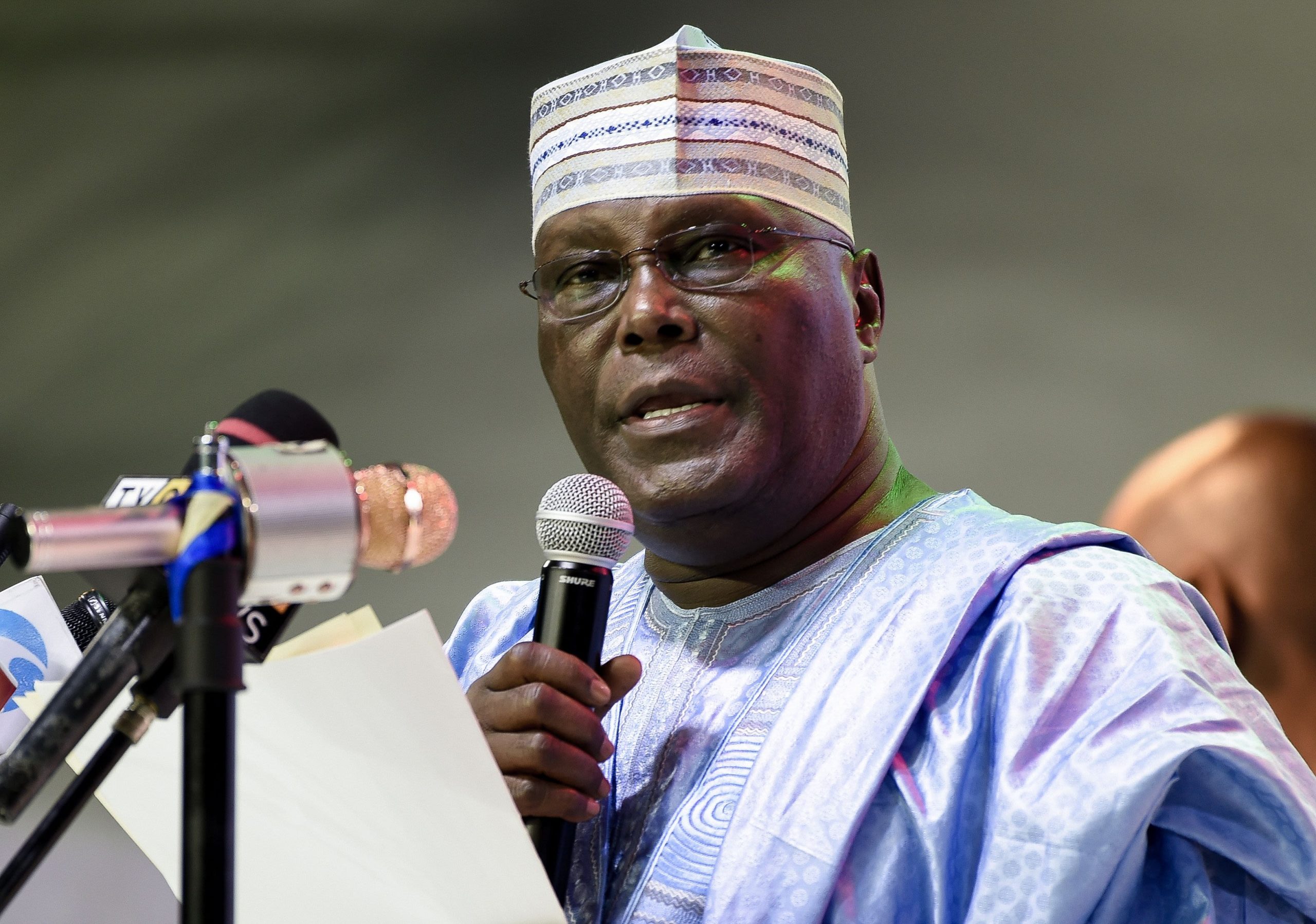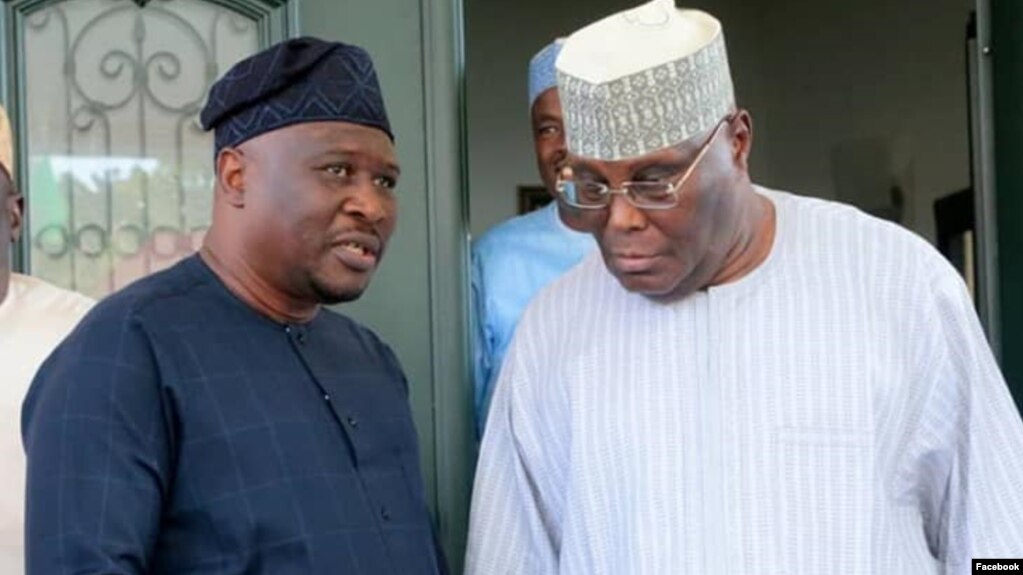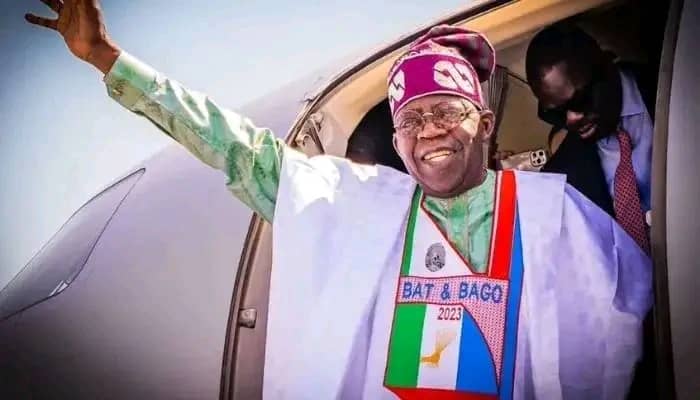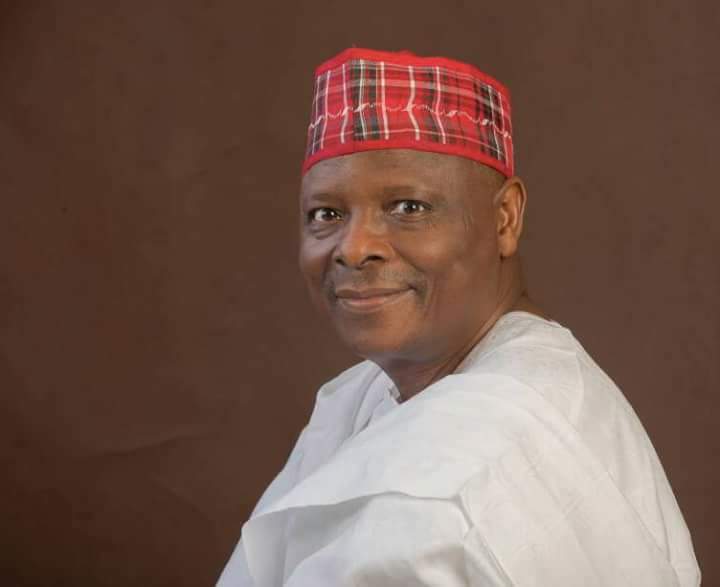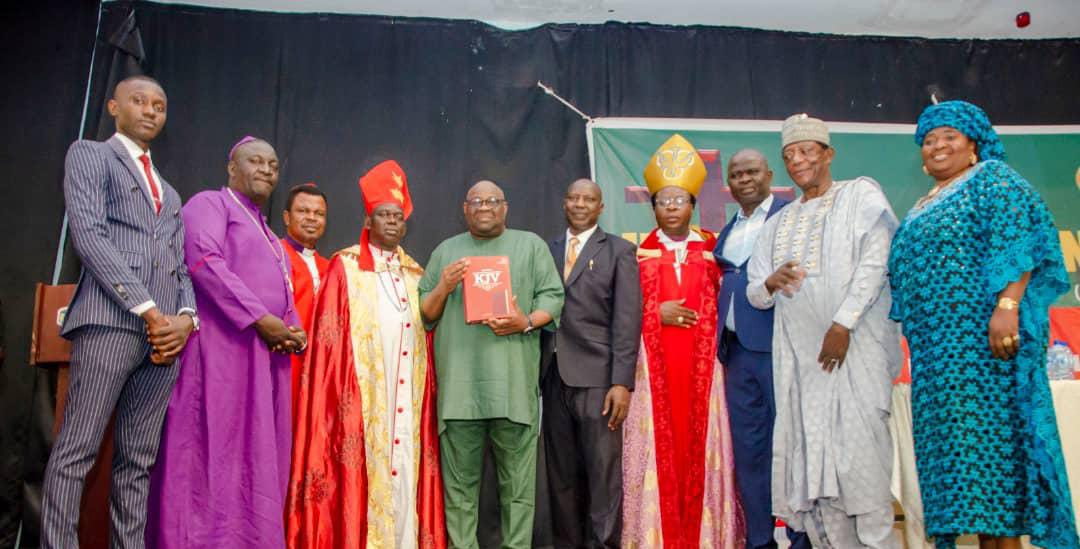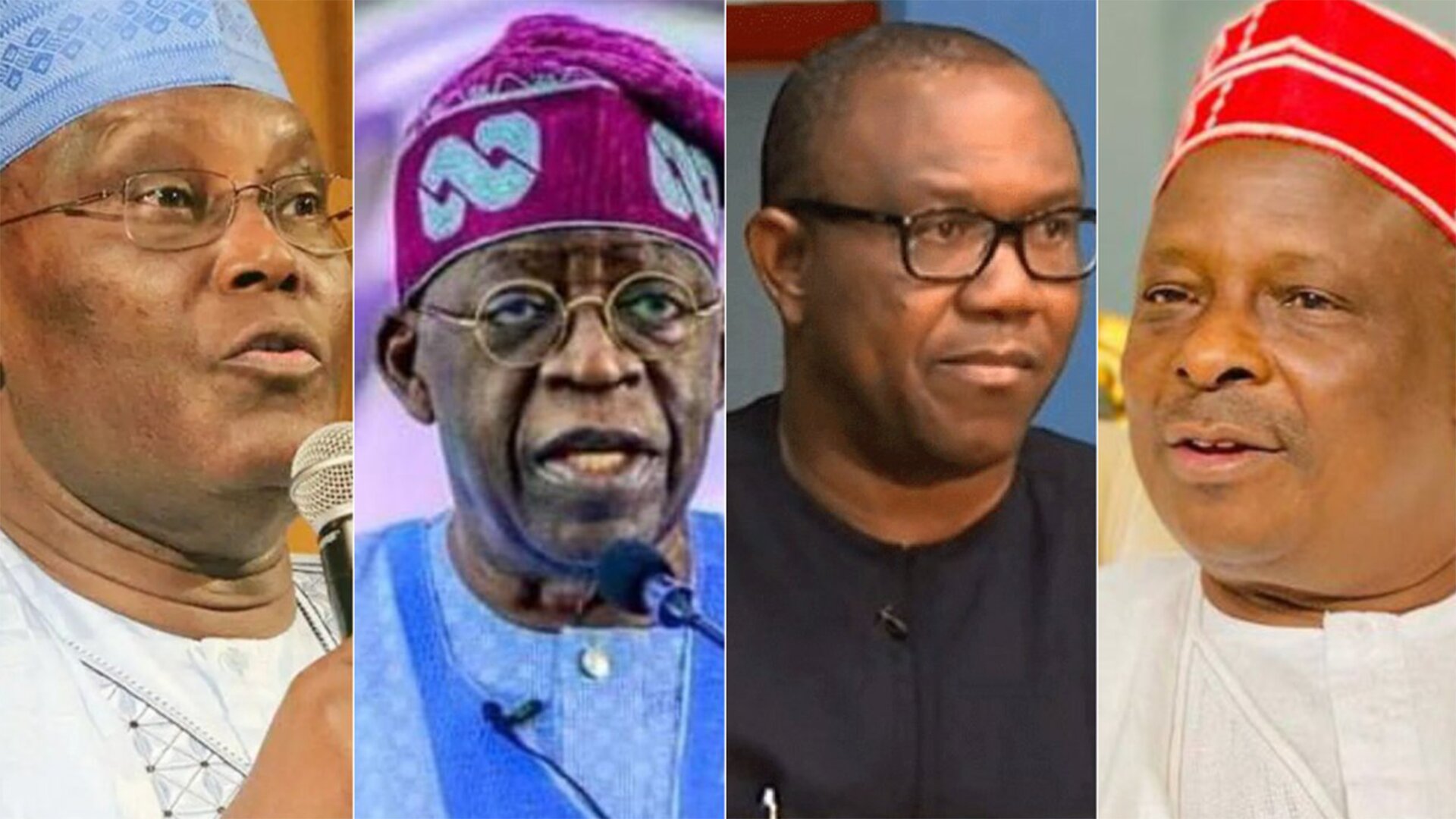Atiku calls out Tinubu over hardships in Nigeria
By Muhammad Abdurrahman Former Vice President, Alhaji Atiku Abubakar, tackles President Bola Ahmed Tinubu over the hardships caused by the latter's policies since assuming office as President in May 2023.…
